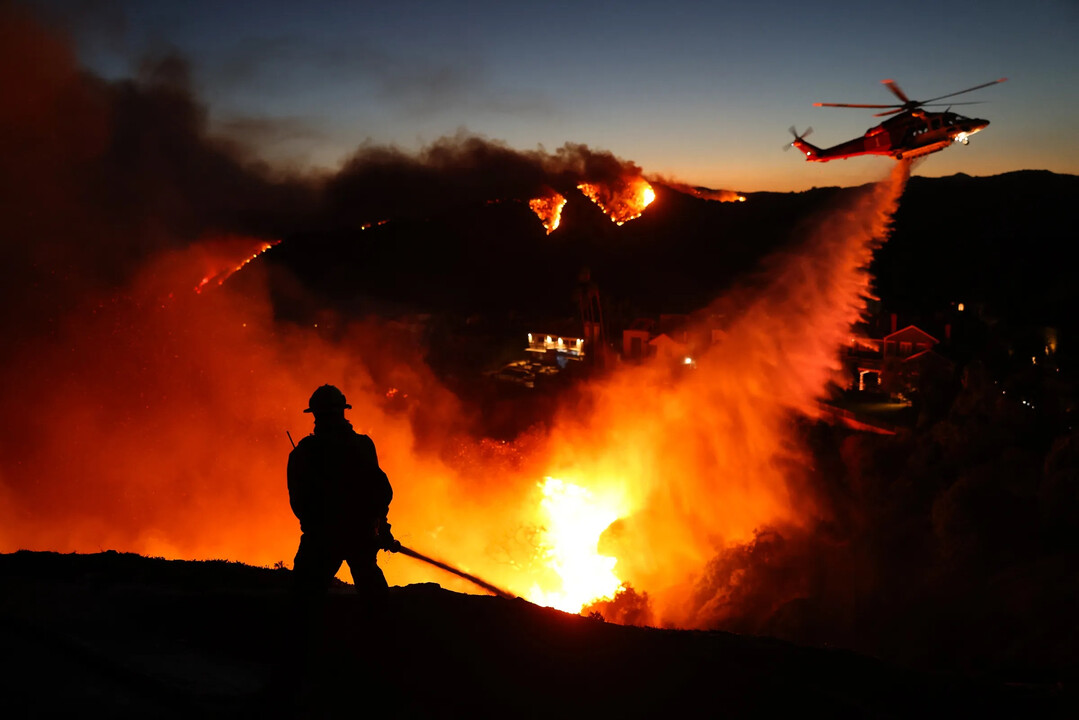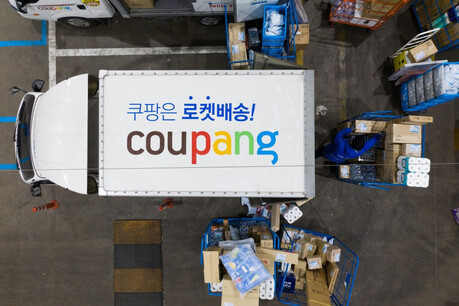
Los Angeles, CA – As a massive wildfire continues to rage in Los Angeles, firefighters have resorted to an unconventional measure to combat the blaze: using saltwater from the Pacific Ocean. While this may seem like a desperate but effective solution, experts warn that the environmental impact of using saltwater to extinguish wildfires could be severe.
The Los Angeles Fire Department has been employing a fleet of Super Scooper aircraft to scoop up seawater and drop it on the flames. These specialized planes can collect up to 6,000 liters of water in just 12 seconds and can refill their tanks while flying, making them an efficient tool for fighting wildfires. However, the use of saltwater introduces a new set of problems.
Environmental scientists caution that the high salinity of seawater can have devastating effects on the local ecosystem. The salt in the water kills soil microorganisms, making it difficult for vegetation to regenerate in the affected areas. The United Nations' Food and Agriculture Organization (FAO) has warned that excessive salt in the soil can hinder plant growth by making it difficult for roots to absorb water.
Furthermore, the use of saltwater can accelerate the corrosion of firefighting equipment. The salt in the seawater can corrode metal components such as hoses, pumps, and tanks, leading to costly repairs and replacements. Ping Furlan, a chemistry professor at the United States Merchant Marine Academy, noted that most firefighting equipment is made of steel, which is highly susceptible to corrosion when exposed to saltwater.
While the Super Scooper aircraft are designed to withstand the corrosive effects of saltwater, other firefighting equipment, such as those used on the ground, may not be as well-protected. This could lead to equipment failures and reduce the effectiveness of firefighting efforts.
As the wildfire continues to burn, firefighters face a difficult choice between containing the blaze and minimizing environmental damage. While the use of saltwater may be necessary in the short term, experts warn that the long-term consequences could be significant.
[Copyright (c) Global Economic Times. All Rights Reserved.]






























